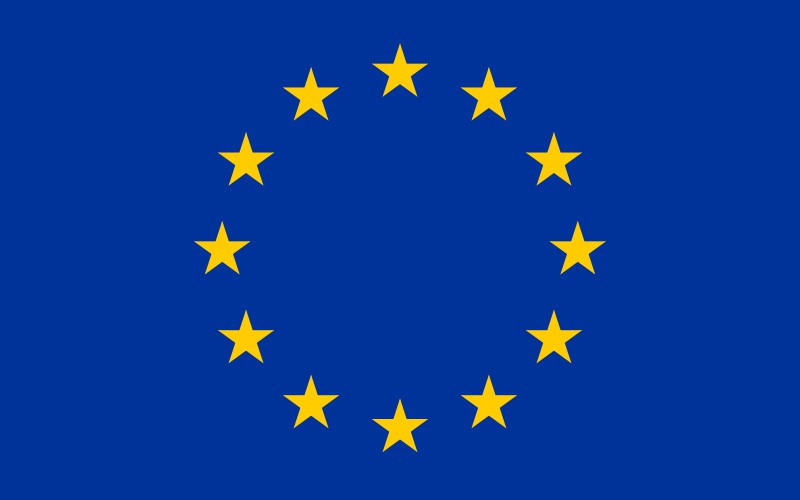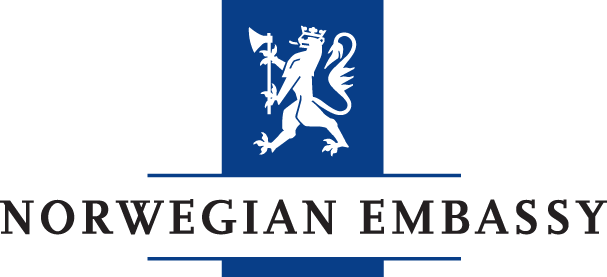Deepening democracy in the Somali Region
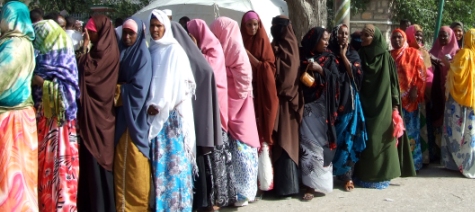
This morning in Nairobi, a group of donors who continuously fund and support peacebuilding efforts in the Somali Region was keen to listen to the latest research findings coming out of Interpeace’s Somali programme. The meeting was structured around the presentation of the latest documents released by the Pillars of Peace programme and a documentary film. Putting a spotlight Interpeace’s work in the Somali Region and its impact on the lives of the Somali people, the meeting provided an inside view to peacebuilding activities. A special emphasis was put on Interpeace’s work with civil society, youth, women’s groups and local and national governments as part of our peacebuilding initiatives.
Latest research from the Somali region
The report In Pursuit of Peace - Challenges and Opportunities in the Central Regions produced by Interpeace’s partner the Center for Research and Dialogue (CRD), was launched less than a month ago in Mogadishu and explores how Somalis themselves view the reconciliation process, local governance and the involvement of civil society. The report was welcomed enthusiastically by Somali groups and individuals. It has already had a significant impact in South-Central Somalia, local administrations and civil society groups are now exploring how best to implement the findings and recommendations. The second document, A Vote For Peace II was produced by Interpeace’s partner in Somaliland, the Academy for Peace and Development (APD), and analyzes the political and social dynamics that shaped the electoral process in the lead up to and aftermath of the 2010 presidential elections in Somaliland.
A key moment for democratization in Somaliland
The release of this second report comes at a strategic moment. Somaliland is preparing to hold local councillor elections in November this year and the findings and recommendations presented in the report could come in handy in the coming month. Drawing on the lessons learned in the 2010 presidential elections, the report presents a number of recommendations of how to enhance the credibility of the electoral process. The report will provide a valuable contribution to the consolidation of peace and democracy in Somaliland.
Learning lessons from the past
The report documents and analyzes the events that led to the 2010 presidential elections being delayed four times in a row. But eventually, on 26 June 2010, the people of Somaliland displayed their commitment to building a peaceful and stable democracy by turning out in high numbers to elect a new president. Often elections are seen as the litmus test for the democratization process in a country. It was significant that the 2010 presidential elections were considered credible by local and international observers. Somaliland saw the first ever peaceful transfer of power in the Horn of Africa and provided a beacon of hope for the whole region.
A deep dive into political and social dynamics
“Anyone who is interested in understanding the complex political and social dynamics that shaped the electoral process and how the various challenges presented themselves along the way were addressed, will find this report of enormous value,” explains Abdirahman Raghe, Director of Interpeace’s Somali Programme. He goes on to explain that “the analysis of the strengths and weaknesses of the electoral system in Somaliland provides local stakeholders and the international community with vital insights. This will enable them to play a constructive role in working alongside Somalilanders to build a stable and representative state.”
A focus on civil society involvement
Special attention is given to the role civil society can play in electoral processes. Mohamed Farah Hersi, Lead Researcher of APD’s Democratization Pillar and primary author of the report highlights: “The 2010 electoral process, for example, benefited from the involvement of APD and helped to bring a peacebuilding perspective to processes that are typically labelled as statebuilding tasks. We undertook great efforts to ensure that the people were informed and fully engaged in the electoral process. This led to an increased commitment to the democratic system and helped to ensure that the state institutions involved in the process were held accountable for their actions every step of the way,” concludes Mohamed.
The formal launch of this document will be taking place in Hargeysa in a couple of weeks.
The Pillars of Peace programme
The Pillars of Peace programme is Interpeace’s flagship initiative in the Somali Region. The programme focuses on three central pillars: democratization, decentralization and social reconciliation.
Download the full reports:
In Pursuit of Peace – Challenges and Opportunities in the Central Regions (PDF, English)
Vote For Peace II (PDF, English)
These two latest publications of the Pillars of Peace Programme were made possible through generous contributions and support from: Danida, the European Commission, Norway, Sweden, the Swiss Confederation, UKaid and USAID Somalia.
 |
|
|
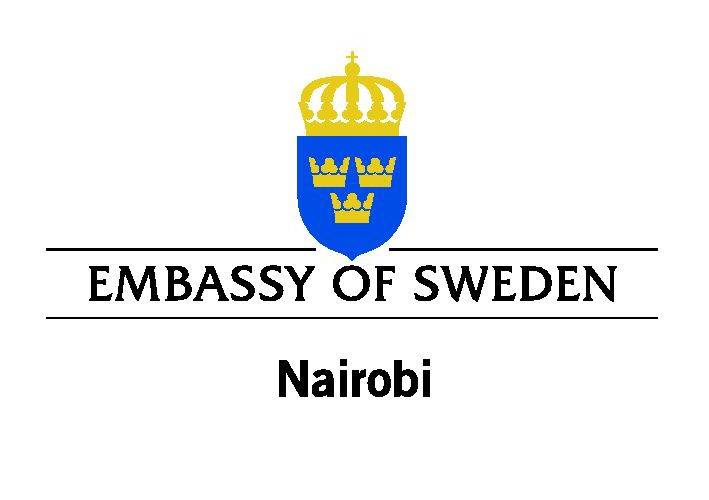 |
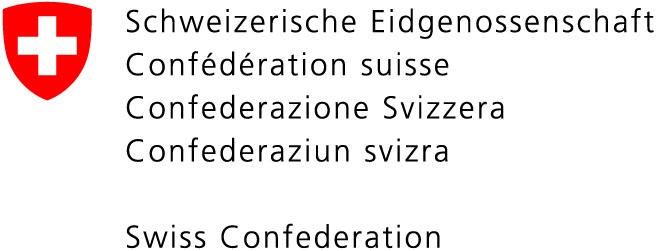 |
